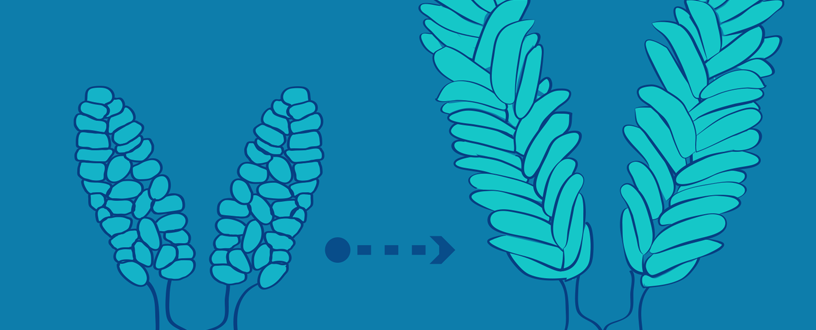Reproductive biology; genetic and evolutionary approaches to study reproductive traits important for vectorial capacity. Over the past few years, we have been exploring previously unknown hormonal signaling pathways that are relevant for the reproductive success of the mosquito vector. We have demonstrated that the steroid hormone 20-hydroxyecdysone (20E), produced by the male and transferred to the female during mating as part of a coagulated mating plug, has dramatic effects on female physiology and behavior. Sexual transfer of this hormone, an acquired trait in anopheline mosquitoes based on our evolutionary analyses, increases egg development after blood feeding, induces egg laying, helps fertility and triggers a long-lasting refractoriness to further copulation. We are currently characterizing the hormonal signaling pathways triggered by mating and boosted by blood feeding to study how the interplay between these two key reproductive processes determines female reproductive success in several mosquito species.
Plasmodium Development
Mosquito pathways that facilitate Plasmodium development. While a wealth of studies have focused on the immune responses of mosquitoes to Plasmodium infections, little is known about how these parasites exploit the physiological environment of the blood-fed mosquito to develop and become transmissible, or how these unknown vector-parasite interactions may differ depending on the specific Anopheles Plasmodium combination. We are studying the physiological factors that are exploited by Plasmodium parasites (P. falciparum and P. vivax) for their own development using a variety of mosquito species in combination with both laboratory and field isolates of human malaria parasites. Our studies are highlighting strong non-competitive interactions between mosquitoes and parasites, which are largely regulated by the function of mosquito steroid hormones. Moreover, we are analyzing the effects of control tools on the vectorial competence of Anopheles mosquitoes, to determine selective pressures that may be imposed by these tools on Plasmodium parasites.
Translational Tools
From the bench to the field: generation of innovative tools to reduce the malaria burden. Our lab is strongly invested in developing translational tools to prevent malaria transmission. Widespread insecticide resistance among Anopheles mosquito populations represents one of the most significant threats to existing malaria control programs. We aim to translate our laboratory findings into novel products that can aid current insecticide-based programs or provide effective alternatives to insecticide use. Our projects include the use of antimalarials on mosquito nets to kill Plasmodium parasites without affecting the Anopheles female, a strategy that would block malaria transmission without causing the insurgence of resistance in mosquitoes; the exploitation of mosquito endosymbionts that prevent Plasmodium development, such as Wolbachia bacteria; and the generation of sterilizing and life-shortening compounds that can be incorporated into insecticide-based control programs.


